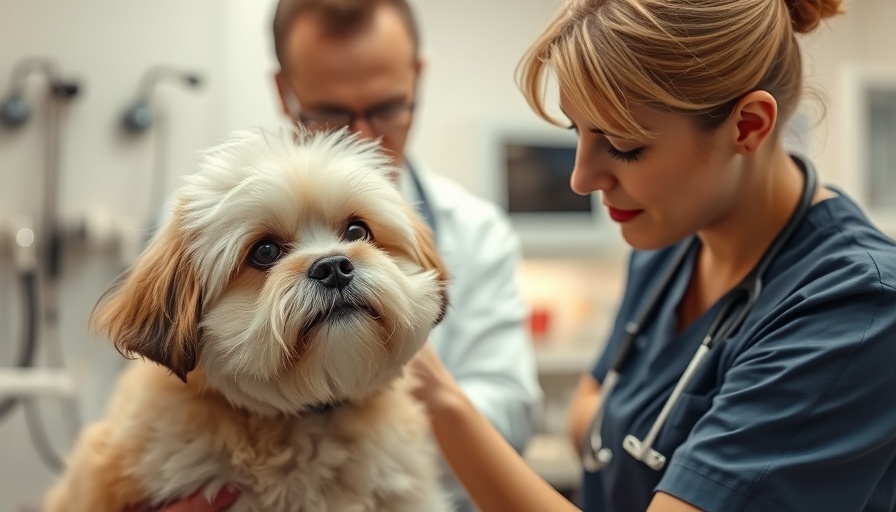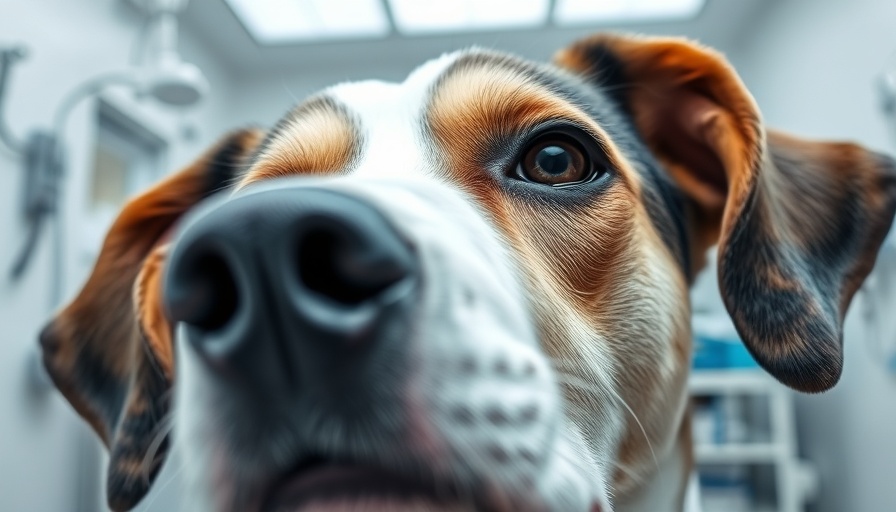
How Regular Vet Visits Can Enhance Your Dog's Health
Ensuring your furry friend receives regular veterinary care is vital for their overall health. Just as we undergo regular checkups, our pets benefit immensely from routine visits. An annual vet appointment serves as an essential preventive measure, helping to catch any potential health issues before they worsen. Many dog owners may not realize that symptoms of illness can be very subtle and may not appear until a condition has advanced. Keeping a close eye on your dog's health through regular vet visits can lead to a longer, happier life for your pet.
Understanding the Costs of Veterinary Care
The cost of taking your dog to the vet can be a concern for many pet owners. On average, a wellness exam can range from $70 to $150, depending on your location and the specific services your dog may need. Vaccinations can add an average of $15 to $100 each, while bloodwork could cost anywhere from $80 to $200. While these expenses may seem daunting, consider investing in pet insurance or wellness plans which can alleviate financial stresses associated with preventative care. It's a small price to pay for peace of mind regarding your dog's health.
Annual vs. Biannual Vet Visits: What’s Right for Your Dog?
While the general guideline for adult dogs is an annual vet visit, there are circumstances where biannual checkups make more sense. Puppies and older dogs, for instance, may require more frequent visits due to their unique health needs. Puppies need a series of vaccinations to build their immunity, while senior dogs may need regular screenings for age-related health issues. Additionally, certain breeds are predisposed to specific health conditions, so discussing your dog’s particular needs with your veterinarian will formulate the best care schedule.
How to Prepare for Your Vet Visit
Preparing for your vet visit can alleviate stress for both you and your dog. Start by gathering your pet's health records, including vaccinations and past medical issues, which can help the vet provide tailored care. If your dog tends to be anxious about car rides or new environments, consider taking them on short trips leading up to their appointment. Additionally, formulate a list of questions or concerns you have and bring them with you. This proactive approach ensures that you get the most out of your visit and helps your vet address any specific health topics you are concerned about.
The Benefits of Preventive Care
Preventive care is key in maintaining your dog’s health and preventing serious issues down the line. Routine checkups allow for comprehensive physical exams, vaccinations, and lab work that can help catch diseases early. Moreover, regular vet visits create a consistent relationship between you, your dog, and the veterinarian, establishing trust and effective communication for future health decisions.
Listening to Your Dog
It’s essential not just to rely on scheduled vet visits but also to be observant of your dog’s behavior and physical condition. Behavioral changes, fluctuations in appetite, or unusual fatigue can be early signs of health issues. Regularly checking your dog’s teeth, ears, and skin can help you spot abnormalities that might require immediate attention. Remember, as a dog parent, you are your pet's best advocate, and vigilance plays a significant role in their health and well-being.
Conclusion: Proactive Pet Ownership
Routine vet visits are a non-negotiable part of responsible pet ownership. They not only help detect health issues early but also form a partnership with your veterinarian to ensure your dog enjoys a long, healthy life. By prioritizing preventive care and being aware of your dog's needs, you can contribute significantly to their overall well-being. So, if it's been a while since your dog's last vet appointment, make that call – comprehensive care starts now!
 Add Row
Add Row  Add
Add 




Write A Comment